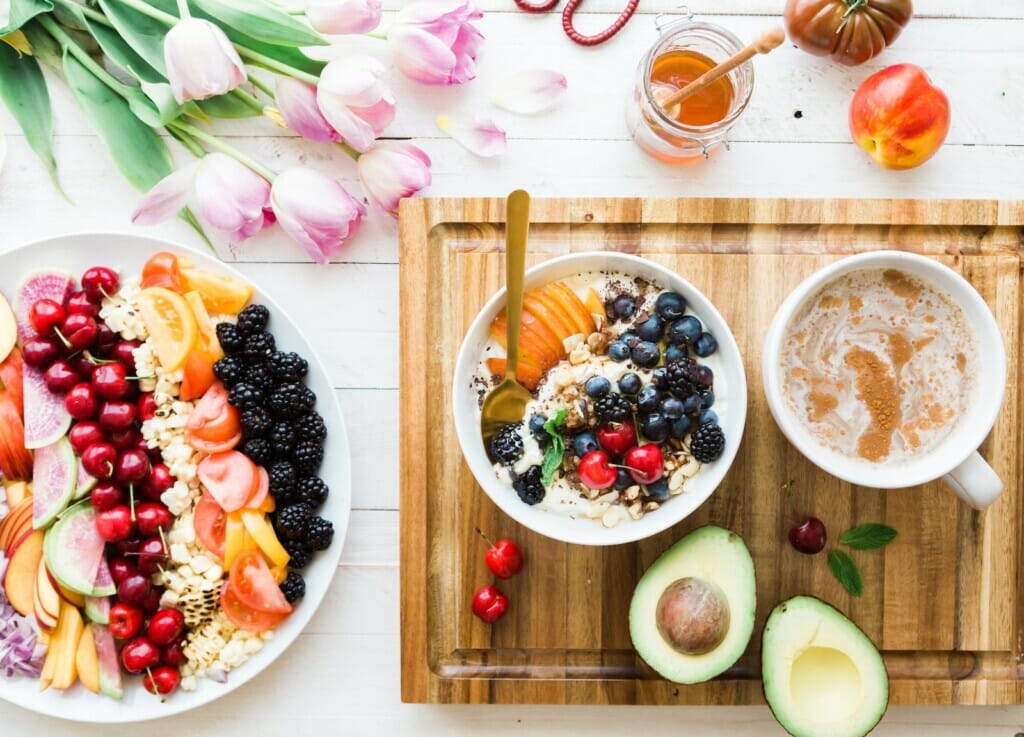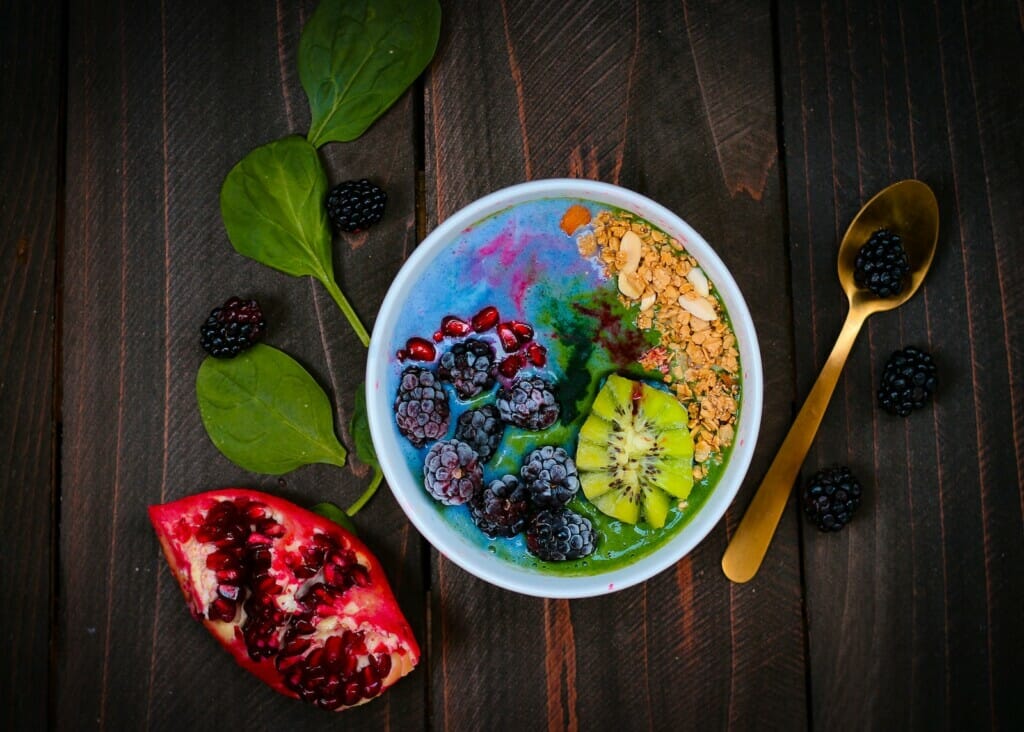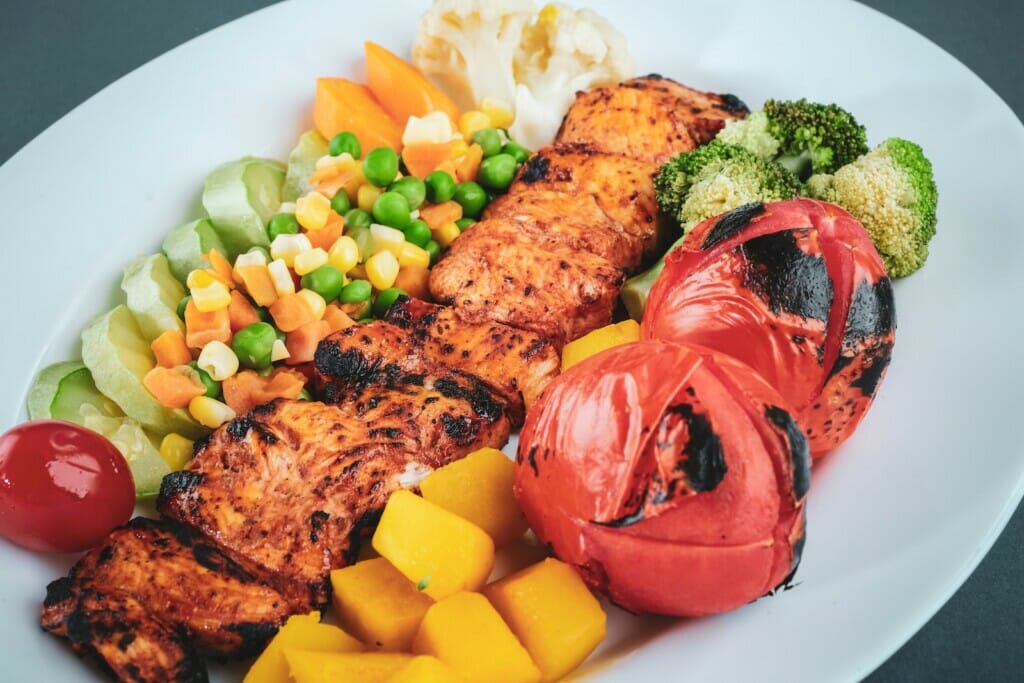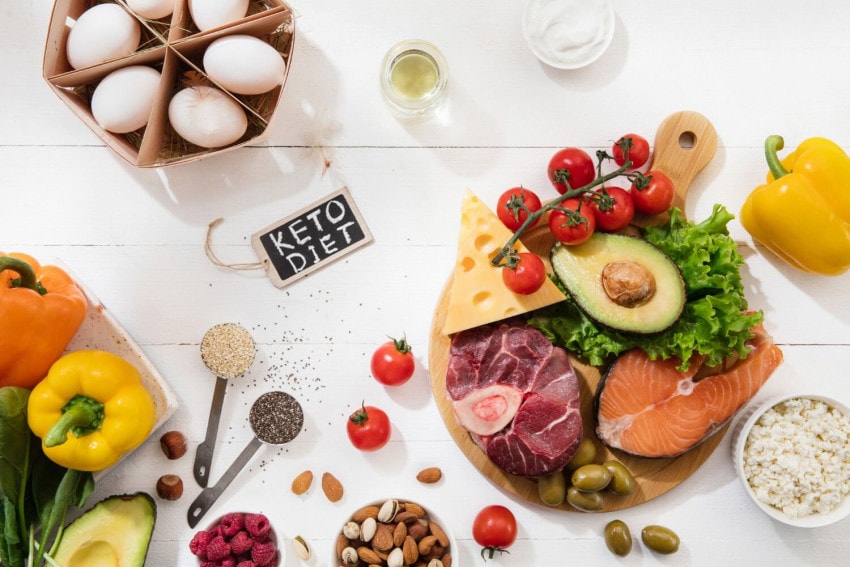The keto diet has taken the world by storm in the past several years. Short for “ketogenic,” the trendy diet has been promoted by celebrities, popularised in best-selling books, and marketed on social media as a cure-all. Some restaurants and companies even offer “keto-friendly” options on their menu. But what actually is the keto diet? Why do millions of people swear by it? And should you try it? Here’s what you need to know about the keto diet.
What is the Keto Diet?
Bring on the bacon! The keto diet is all about cutting carbs and eating more fat. The goal of this high-fat, low-carb diet is to significantly lower the body’s intake of carbs and switch it out with fats. This process forces your body into using different energy pathways, putting the body in a state of “ketosis.” During ketosis, your liver produces ketones, which create energy by breaking down fat as opposed to blood sugar from carbohydrates. It can provide energy for the brain, kidneys, heart, and other muscles. It usually takes around three weeks of carbohydrate deprivation for your body to reach a state of ketosis.
That’s why the keto diet emphasises eating fewer carbs and more fatty foods: Ketones are now the body’s main source of fuel instead of sugar (glucose).
Ketosis can prompt several changes in your body. It speeds up your metabolism, increases your muscle mass, and decreases your risk of heart disease and blood pressure. Moreover, ketosis may also cause your hunger to go away, meaning you’ll eat less and burn more fat stores – both lead to weight loss.
What can you eat?
PHOTO: Freepik
The exact ratio depends on your particular needs. However, the standard keto diet usually contains 75% fat, 20% protein, and only 5% carbs. This means that you are limited to 20 to 50 grams of carbohydrates a day, making it the lowest of the low-carb diets.
Part of the reason behind the keto diet’s popularity is that you don’t have to restrict yourself to low-fat foods anymore. The diet is so filling. You can still enjoy many high-fat foods while still losing weight.
Healthy unsaturated fats, such as unprocessed nuts, avocados, seeds, olive oil, and tofu,…



